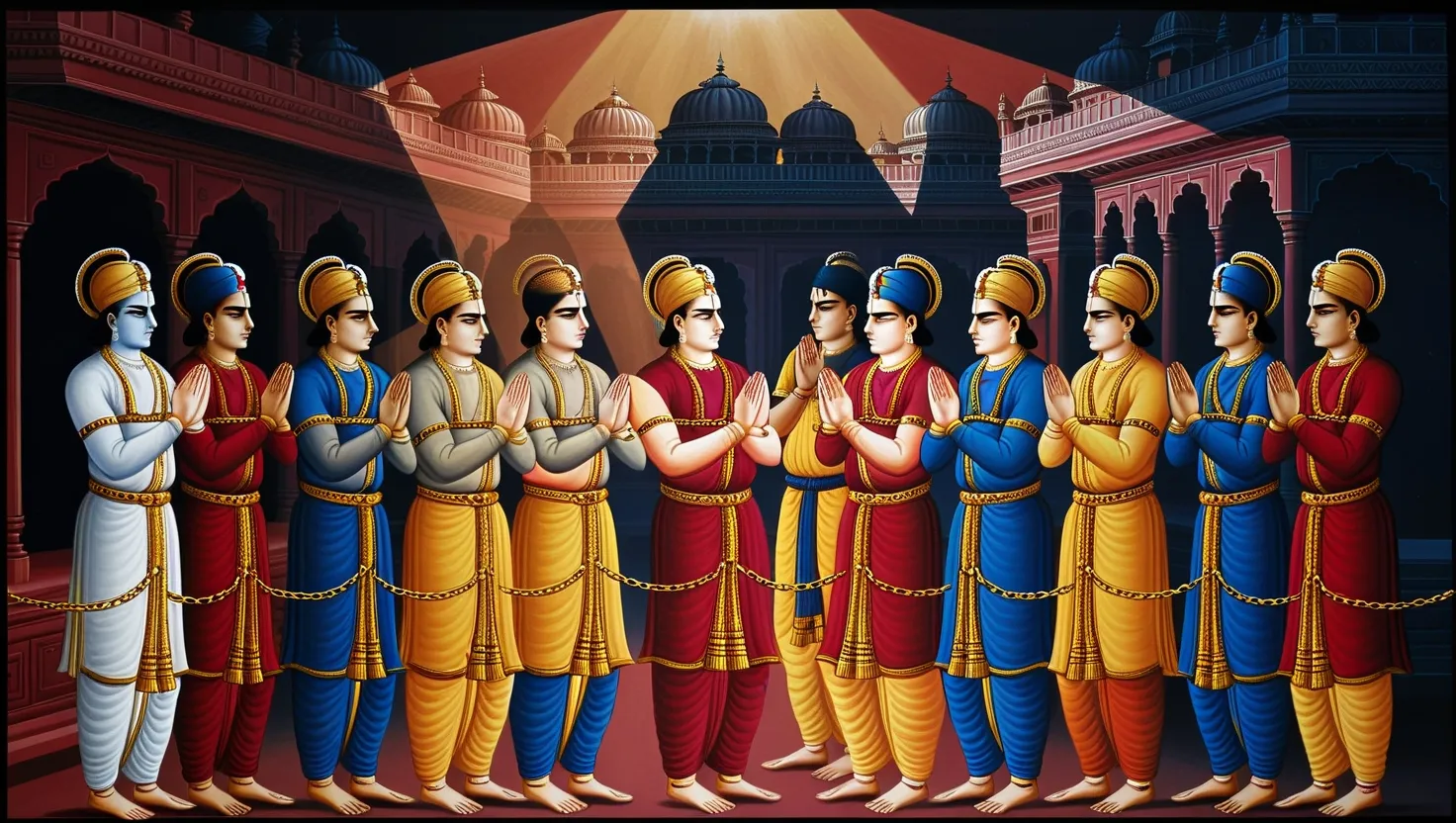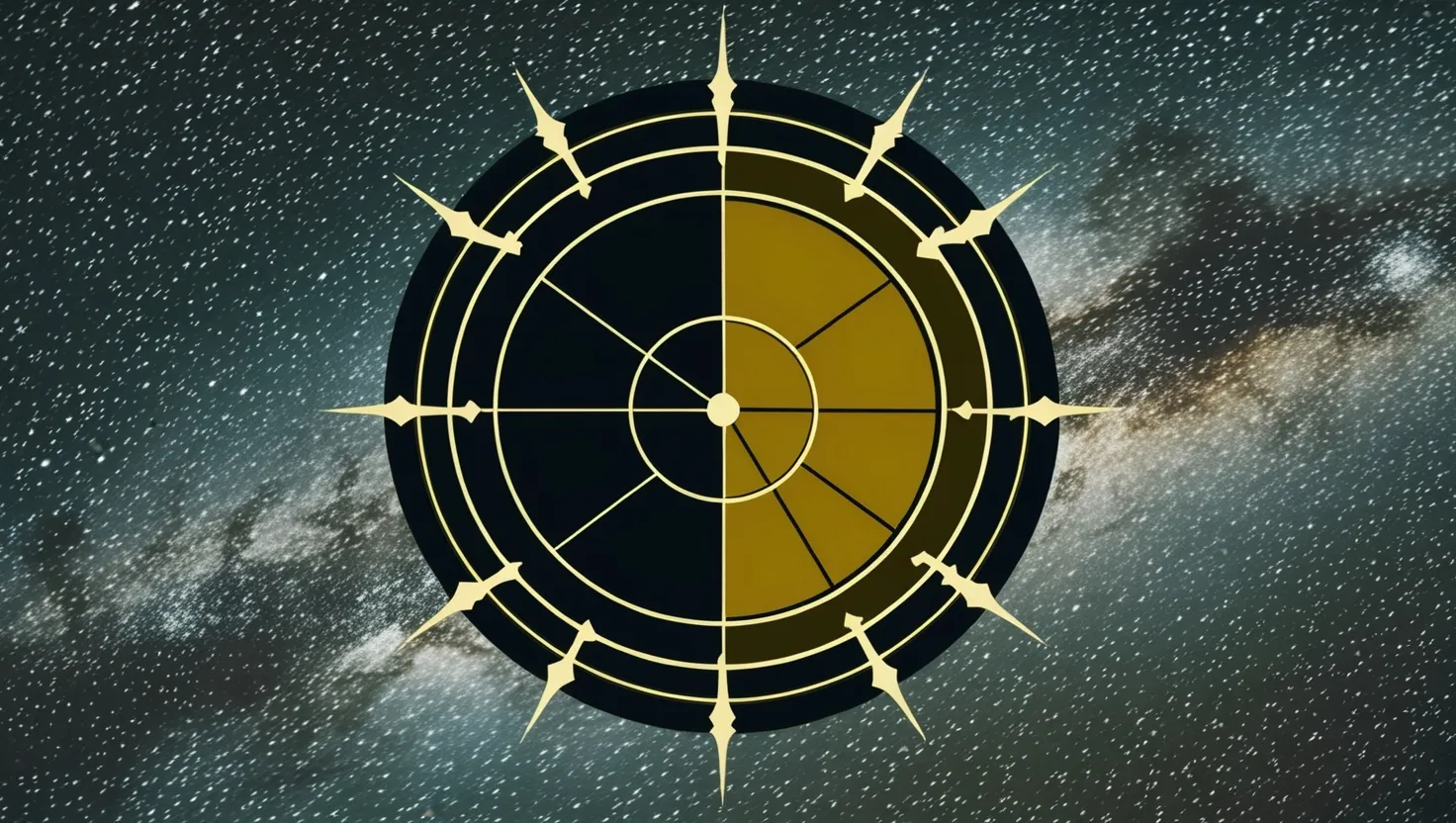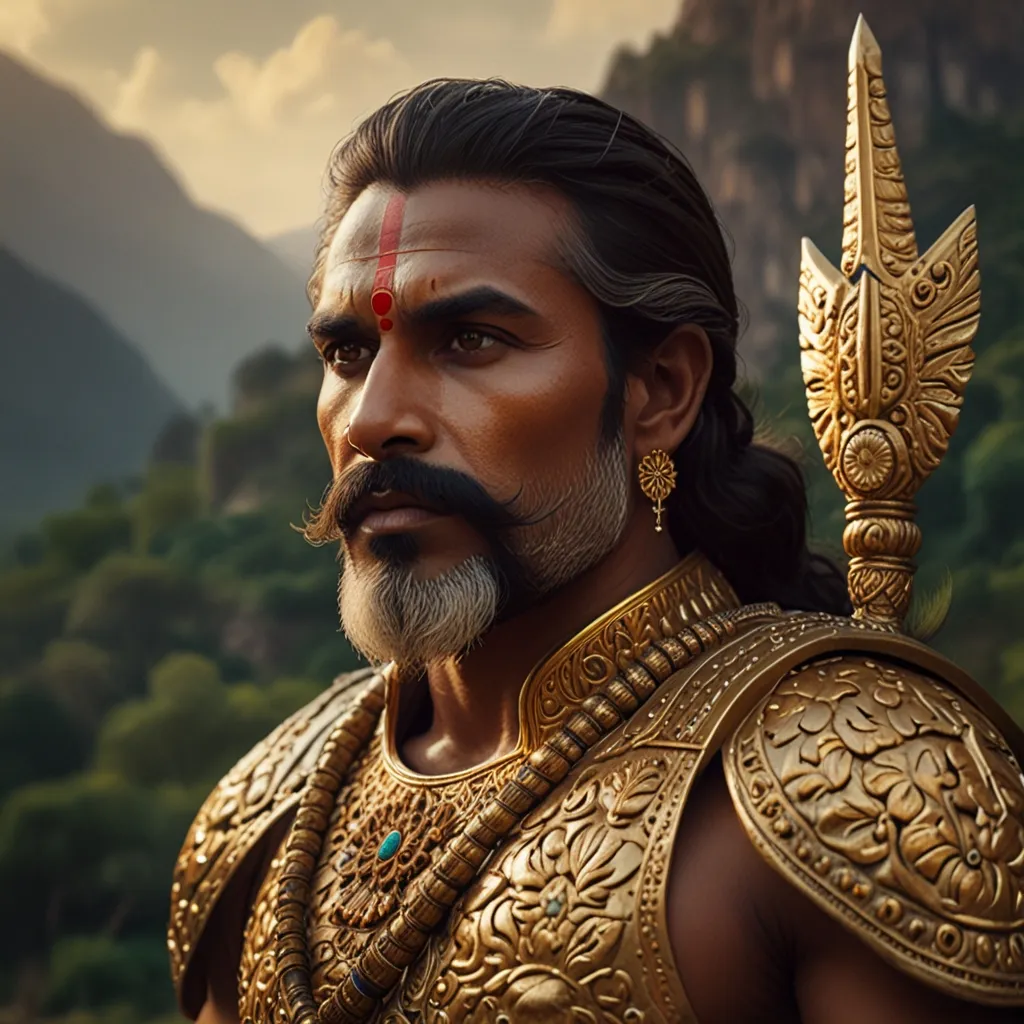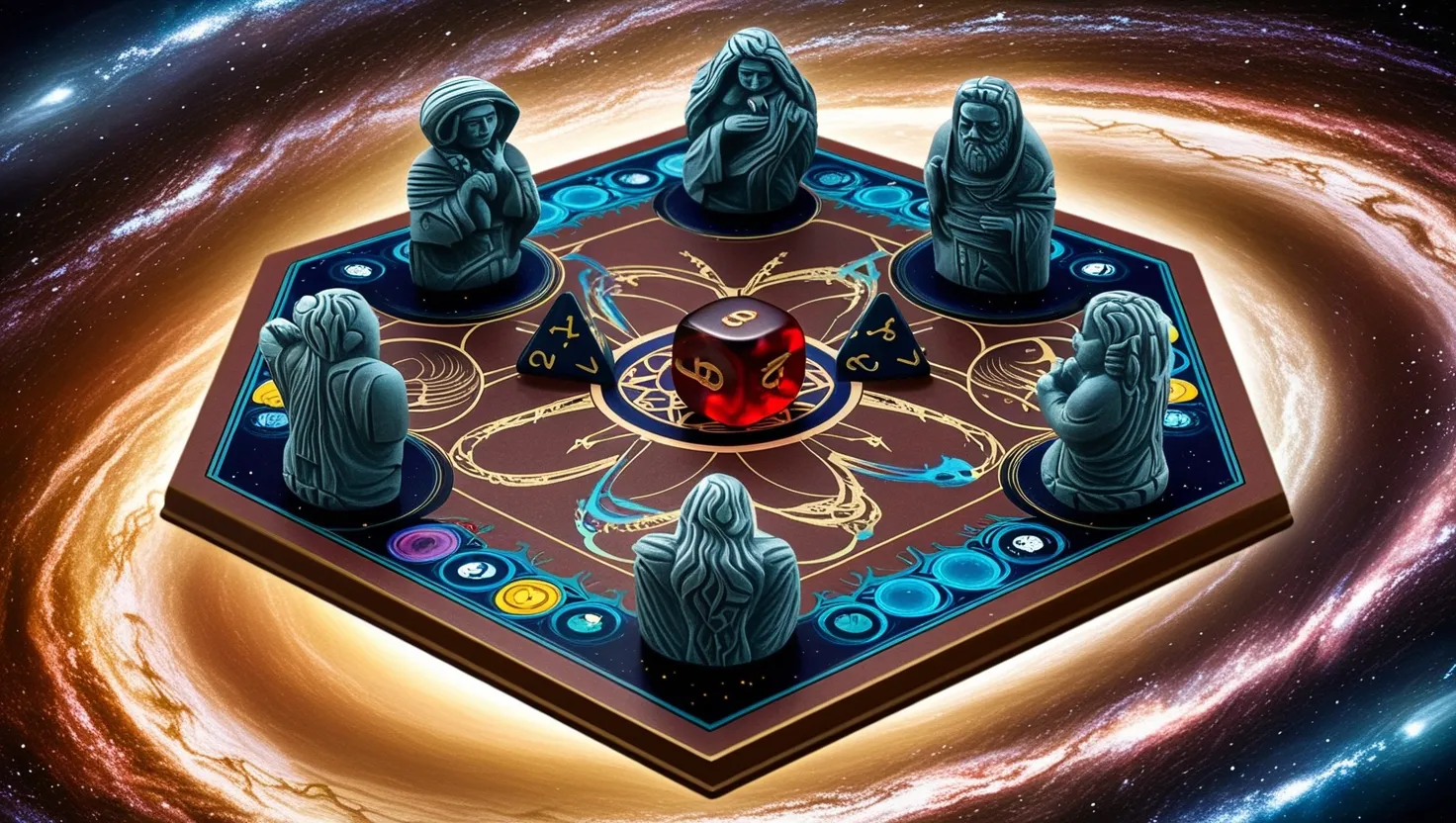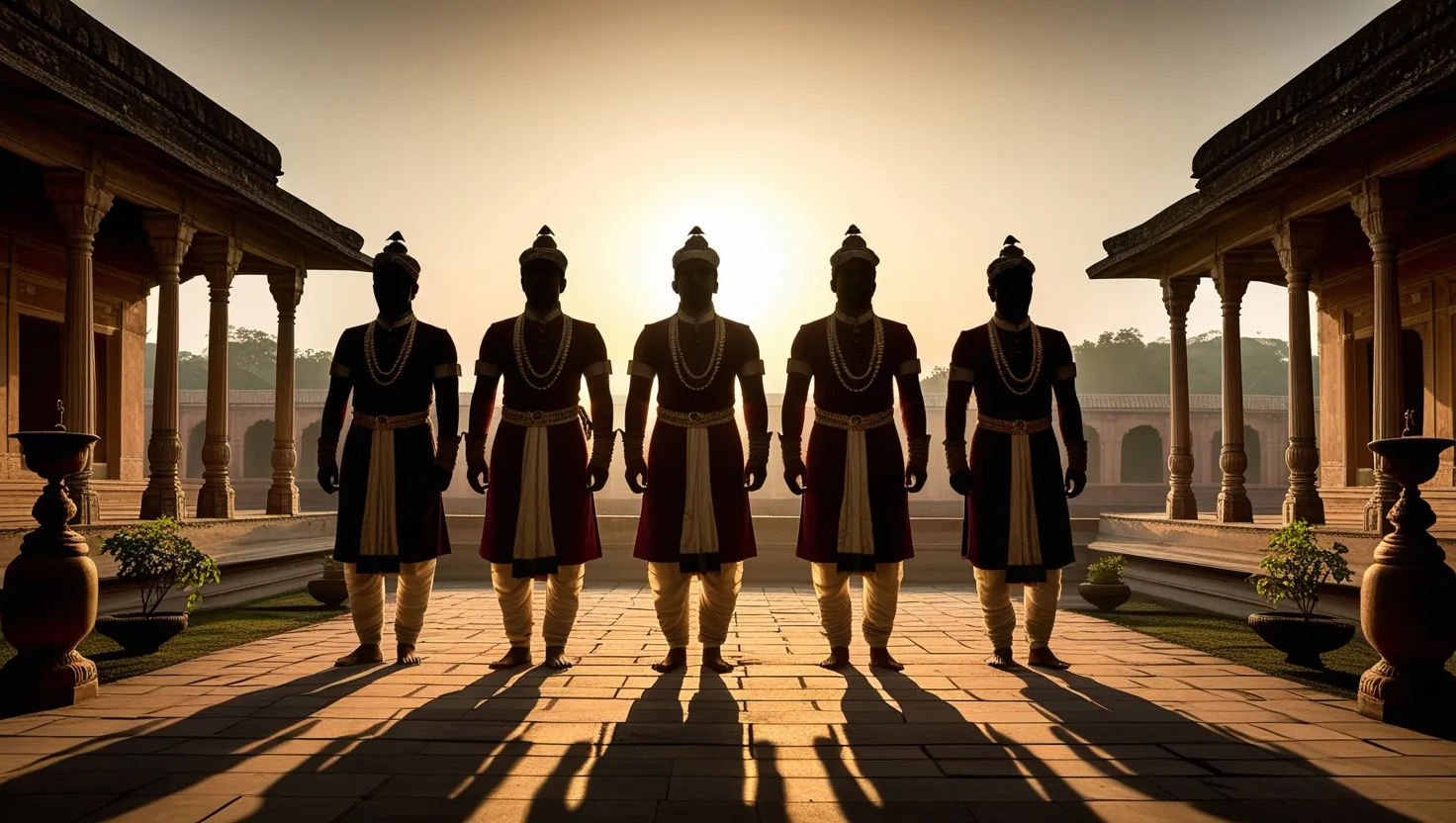Promises in the Mahabharata are not just social contracts; they are the engine that drives the story, setting fates into motion and shaping identities. Each time I trace the footsteps of its characters, I find the same core: a spoken word that becomes fate. How can just a sentence, or a fleeting moment of resolve, come to steer the destinies of heroes and kingdoms? It’s this gravity that gives the Mahabharata its unending fascination.
Picture Bhishma, a figure whose very name means “he who took a terrible vow.” His famous promise—life-long celibacy for the sake of his father’s happiness—feels at first like an act of selfless love. But look closer. By removing himself from succession, Bhishma sets in motion a chain of succession crises, court politics, and eventually, civil war. His good intent locks him in a golden cage; he becomes the guardian of Hastinapura, bound to serve its throne, no matter which king sits on it, or how right or wrong that king might be. I often wonder: did Bhishma ever lie awake at night, troubled by the consequence of his own resolve?
“To promise not to do a thing is the surest way in the world to make a body want to go and do that very thing.” — Mark Twain
If Bhishma’s vow created the battlefield, Draupadi’s vow gave it its fire. In a court of men where her dignity is stripped, she refuses to let the moment pass quietly. “I will not tie my hair until I wash it with Dushasana’s blood.” What I find remarkable here is not just the anger or pain, but the transformation of private wound into public cause. Her promise refuses to let everyone move on. It insists that shame be addressed, not suppressed. Would the war have been fought with such ferocity had Draupadi not made her grief and her vow the heart of the Pandavas’ cause? Promises, in her hands, become memory that demands action.
Karna’s promise to Kunti, made on the eve of war, stands quietly in contrast. He will not harm her other sons, save for Arjuna; compassion and rivalry wrapped together. Karna, forever torn between loyalty to Duryodhana—a friendship born of shared exclusion—and newly discovered ties to his birth family, finds his life narrowed by this single commitment. I am struck by the quiet tragedy of it: a man forced to be noble, but doomed for it. Karna teaches that every pledge, especially one of mercy, leaves marks not just on your enemies, but on you.
“Promises may get friends, but it is performance that must nurse and keep them.” — Owen Feltham
Take Bhima’s infamous vow: to drink the blood of Dushasana for Draupadi’s insult, and to break Duryodhana’s thigh for the same. It is gruesome, even shocking. But why does a champion of justice become an agent of vengeance? In Bhima, I see how the fuel of a promise can burn through the very boundaries that used to define honor and restraint. Years of powerlessness and rage coalesce into a single task, lifting the limitations of conscience. When he finally keeps his word, both he and the world have changed—his violence is both justice and a symptom of the war’s moral unraveling. Should vows be kept if they force us to become someone we barely recognize?
Arjuna’s impulsive promise—either I slay Jayadratha before sunset, or I enter fire—presents another facet. In the Mahabharata, time itself bends around the power of this pledge. Krishna and the cosmos conspire to help Arjuna keep his word; the very sun seems to stand still. Yet what drove him to declare such a thing in the wake of his son’s death? Grief weaponized language, and now the greatest archer is bound not just by arrows, but by his own declaration. How often do I, or anyone, vow something in anger or loss, only to realize too late how heavy such words can be?
“No man is so brave that he is not disturbed by something unexpected.” — Julius Caesar
There’s another angle—less discussed, but full of layers. Many vows in the Mahabharata are not made for glory, but out of helplessness or as attempts to control fate. Consider Amba, humiliated and rejected, who vows to be the cause of Bhishma’s end. Her determination is so fierce that it survives even death; she is reborn as Shikhandi, whose presence allows Arjuna to strike down Bhishma. The epic suggests that some promises simmer for lifetimes, and that vengeance, once spoken into the world, finds a means.
Sometimes promises cross the line between moral and immoral, king and commoner. When King Yudhishthira—usually the embodiment of virtue—makes the vow that he will neither lie nor abandon dharma, it paradoxically leads to acts of deception “in the name of dharma.” His dogged adherence to oath-keeping sets up the scene for Drona’s demise, where half-truth becomes weapon. The Mahabharata asks: is every vow worth keeping, or does righteousness depend on when and why we keep it?
“You must be the change you wish to see in the world.” — Mahatma Gandhi
The gods themselves are not immune to this web of promises. Krishna, who swears not to take up arms, finally charges onto the battlefield with a weapon to protect Arjuna, breaking his own word out of love for his devotee. This divine contradiction raises a fascinating dilemma: are promises sacred, or is compassion greater? It is as if the Mahabharata suggests that sometimes the best intention is to serve life—not just law—when promises collide with reality.
Some stories from the Mahabharata highlight vows less central to the war but equally profound in showing the cost of words. The ancient sage Ruru promises to destroy all snakes after losing his beloved to a snakebite, only to learn much later the cost of nurturing hate, even if born from grief. Janamejaya, king and great-grandson of Arjuna, promises to annihilate the serpent race in revenge for his father’s death—until cooler wisdom intervenes, halting needless violence.
Each of these moments leads me to wonder: when does a promise serve life, and when does it serve destruction? Is a man bigger than his word, or does the word become the man?
“Men are pledged to many things, but what, at heart, are you most pledged to? What oath, beneath all the others, do you carry like a torch?”
Ask yourself: How many of our own identities depend on a single promise—maybe to a parent, a friend, a community? Have you ever felt the silent demand to keep going, simply because you once said you would? The Mahabharata is a mirror, showing that the things we swear to—however good or just—shape not only our choices, but the world around us, sometimes in ways we never imagined.
There is an undercurrent running through the epic, a recognition that promises are as flawed as those who make them. When vows become rigid, they can break lives. When made with wisdom, they can uplift generations. But mostly, they teach humility—even gods sometimes fail to keep their word.
So next time you catch yourself making a promise, pause for a moment and reflect: What are you truly binding yourself to? Whose future will your words shape? In the Mahabharata, vows are not mere plot devices—they are reminders that language is sacred, that destiny listens, and that every commitment is a seed. Whether that seed brings harvest or grief depends on what we water it with: love, rage, mercy, pride—or wisdom hard won on the battlefield of life.
